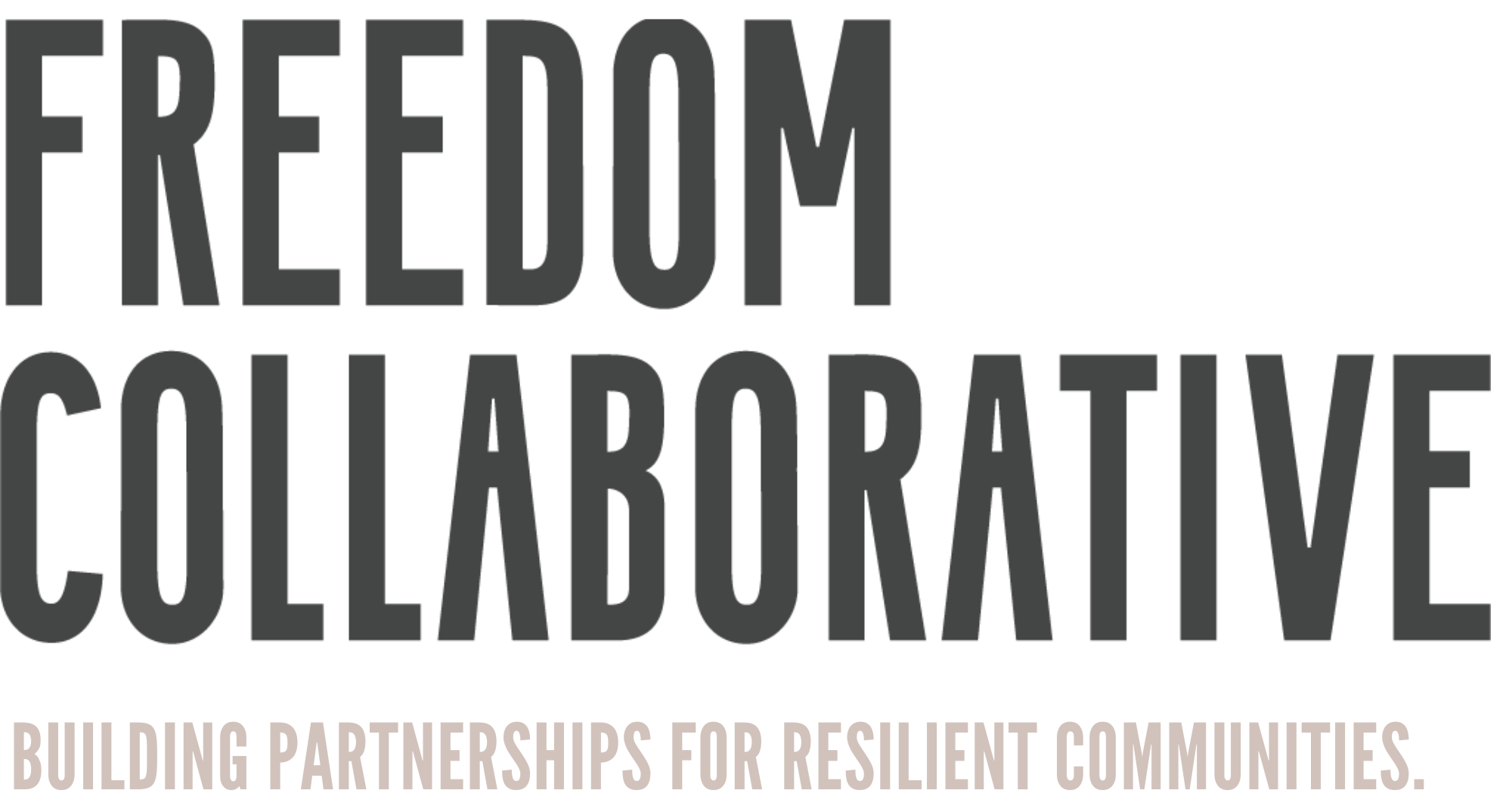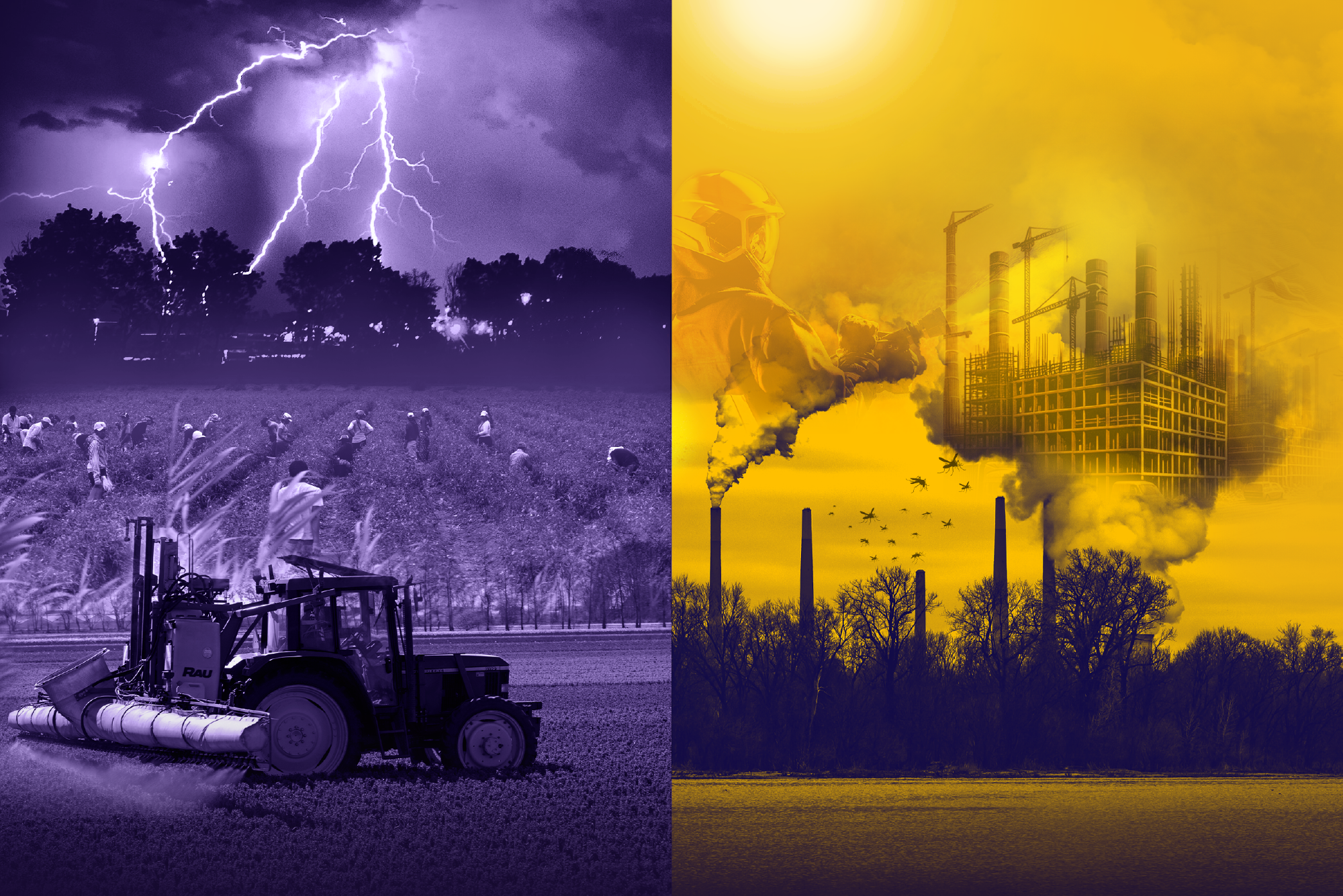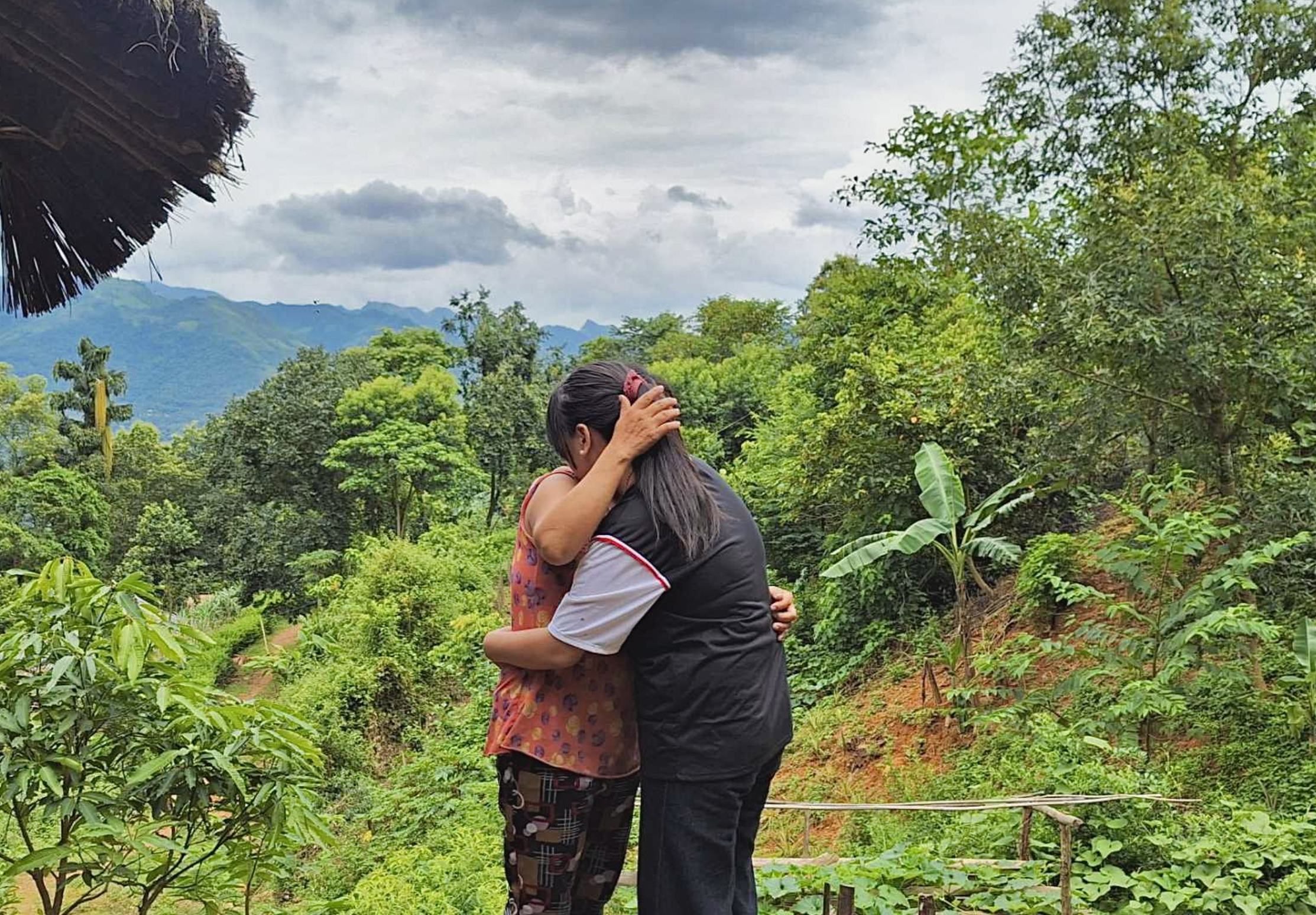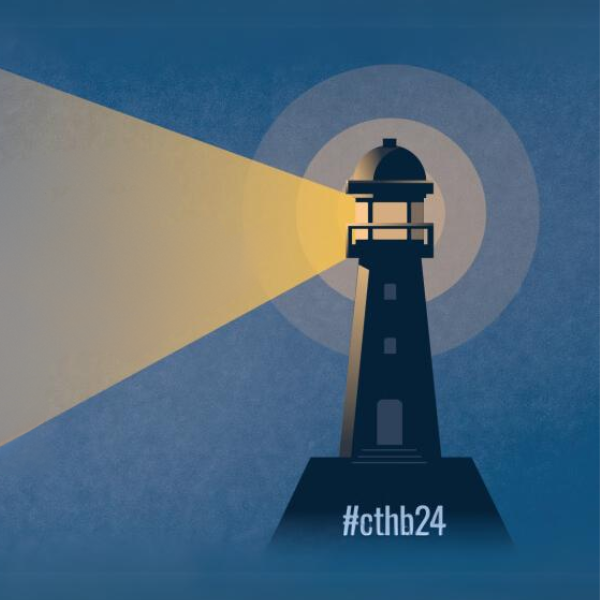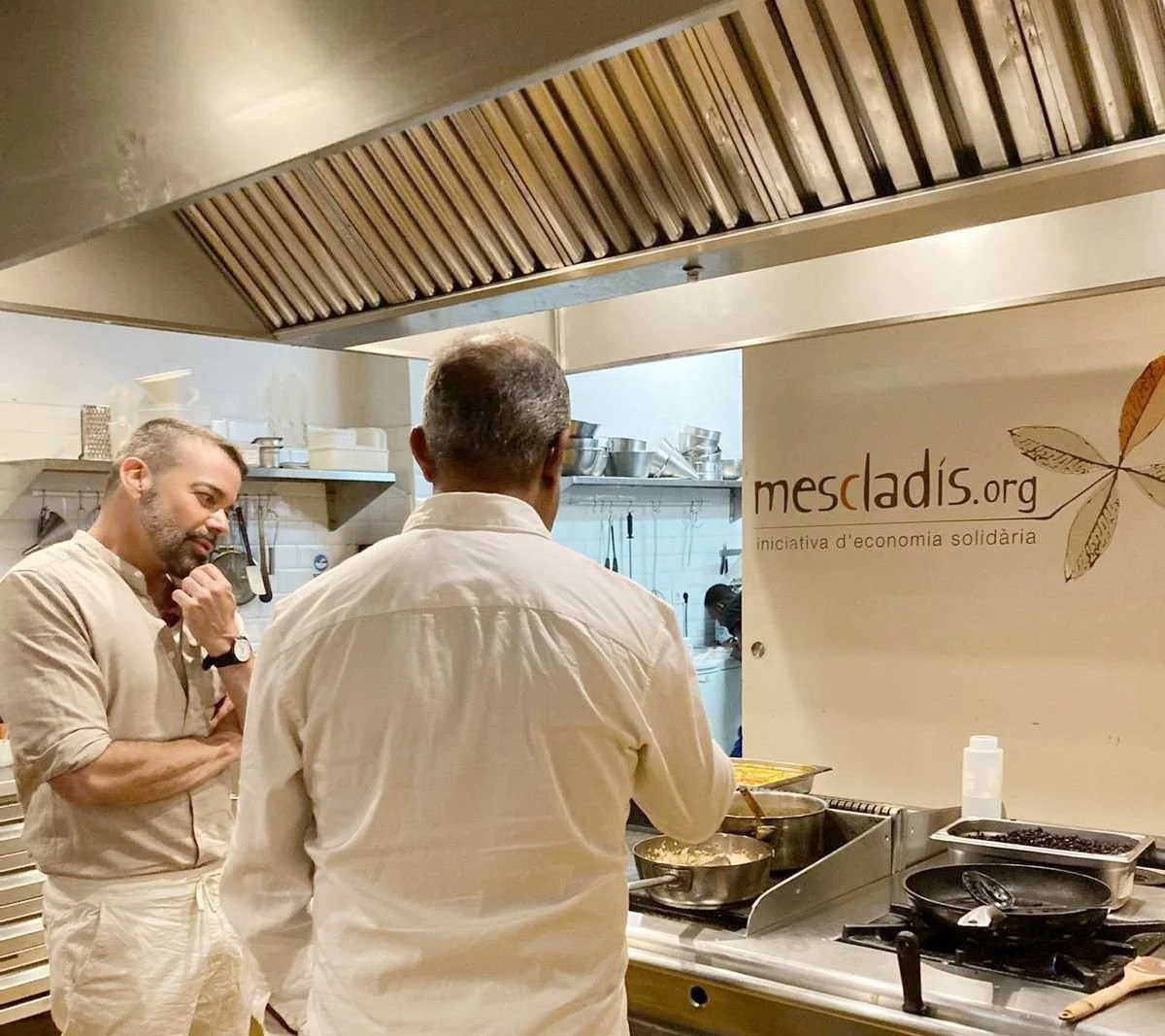Trafficking case processing is delayed by COVID challenges, exacerbating survivor anxiety
COVID-related challenges add further complications to the processing of trafficking cases. Although courts have attempted to adapt, the delays and setbacks heighten anxiety for trafficking survivors.
Photo credit: Chab Dai
Early accounts reported that courts in Asia were managing pandemic challenges with minimal disruption. Since then, lockdowns, travel restrictions, quarantines and other constraints have severely disrupted the processing of trafficking cases. Although in many countries, various actors, from law enforcement to prosecutors to courts, have made significant efforts to shift online or facilitate remote case processing, costly delays and setbacks have been unavoidable.
Anti-trafficking organizations have noted that the pandemic has created opportunities for traffickers to capitalize on increased vulnerability as people become more willing to accept risk out of financial desperation. Traffickers shift to include more domestic trafficking, recruiting victims via social media, or engaging in online exploitation. These changes resulted in heavier case loads, while also making the cases more difficult to investigate and prosecute. Between online usernames and the normalization of wearing masks against COVID, perpetrators have more ways to conceal their true identities.
Meanwhile, travel restrictions have impeded law enforcement from collecting evidence. When countries shut down to contain the pandemic, cross-border collaboration was stymied. While The Freedom Story has reported that a majority of Thailand-Cambodia cases have seen successful bilateral cooperation, according to Chab Dai in Cambodia, cases across other borders could only be investigated from the Cambodian side, so brokers who trafficked victims from Cambodia through Vietnam, and from Vietnam to China, weren’t investigated. When the Cambodian police are unable to identify traffickers, only a few cases get pushed through to trial while the rest remain open for investigation. In Malaysia, a labour and migrants’ rights specialist noted that, at least for a certain period, when trafficking victims needed to be flown to government shelters between Peninsular Malaysia, Sabah and Sarawak, the investigators traveling with them were required to undergo mandatory quarantine for 10 days on either end of the journey, and then again when victims were flown back to give testimony. These restrictions create incentives for law enforcement to classify trafficking cases as illegal migration or to investigate trafficking under a lesser administrative offense in order to avoid travel and process them more efficiently.
When travel restrictions prevented survivors from giving testimony in court cases adjudicated in other provinces, cases were postponed, sometimes indefinitely. Courts, law enforcement and legal teams have made significant efforts to cope with the backlog. In Thailand, the judiciary opened night courts, paying overtime fees for judges who agree to work. The courts, especially in Thailand and recently in Vietnam, have also tried to move online wherever possible – but with mixed success. Moving online enabled some victims to testify remotely, but technological failures and COVID outbreaks still caused disruptions. Even when court cases were successfully handled online, there is potential for information loss. For example, according to a human and labour rights lawyer in Thailand, a lot of the nonverbal communication that is instrumental to compelling witness testimony gets lost online. Anti-trafficking organizations have also noted a distinct rural-urban divide in capacity. In major cities, processes have largely managed to continue running with some efficiency, but in rural areas there is less capability to work through COVID challenges.
Lockdowns, travel restrictions and quarantines have also made it more difficult for support service personnel to access survivors. According to Blue Dragon, when Vietnamese trafficking victims in China cross back into Vietnam, they must quarantine for 14 or even 21 days, which delays their ability to meet with aftercare support staff or give testimony to authorities. For those who had already been detained in destination countries, accused of illegal migration, quarantines compound their stress and trauma. More broadly speaking, for survivors who return to their home communities, shame and stigmatization can make them reluctant to meet openly. Aftercare service staff have to find other ways to engage with them, sometimes working with local community leaders to coordinate information exchanges with clients in other provinces.
As case processing time extends for months or longer, it adds to the trauma, stress and anxiety survivors experience, especially for those in extended detention. They require support services for longer, and in some places, they may be restricted from calling families, so lose access to familial support. In Malaysia, where victims are legally mandated to stay in government shelters while their cases are processed, some are compelled to accept charges for illegal migration so they can return to the country of origin sooner. As time lapses, victims can suffer memory loss, and the veracity of their statements is then called into question. The struggle to recall the details of their experience under scrutiny can be intensely anxiety-provoking. With extensive note taking and recall support, A21 shares that they can help the survivor corroborate claims, which reduces the burden and helps them feel less alone.
The pandemic has made it clear that remote processing must become more streamlined and effective. Anti-trafficking organizations have expressed the hope and expectation that in 2022 this process will become smoother and return to a normal pace. On a positive note, in Cambodia, Chab Dai has collaborated with the National Committee on Counter Trafficking to improve the training of local police and local communities on victim identification and to improve vocational training for survivors. Another positive outcome in Malaysia is that COVID has pushed authorities to crack down on cramped and crowded housing conditions for migrant workers. Raids increased, with employers receiving warnings and facing fines, so many have improved housing conditions for their migrant workers.
Have You Considered…?
Social isolation has not only impacted survivors. It affects anti-trafficking support staff too. Higher caseloads and pandemic-related frustrations have added to staff stress and burnout while isolating them from others in the field experiencing the same things. Apps with guided meditations and other stress-reducing practices may help (such as: Headspace and Ten Percent Happier in English, or Burana Buddha Foundation and Rom Thaam in Thai). It also might be worthwhile to organize a semi-regular virtual happy hour or coffee hour with colleagues at other organizations in your region to share experiences, get ideas, and benefit from mutual support. As practitioners, we know how important being in community is for resilience, and it’s important to do the same for ourselves.
Share your news
Post your experiences from the field and initiatives to feature
